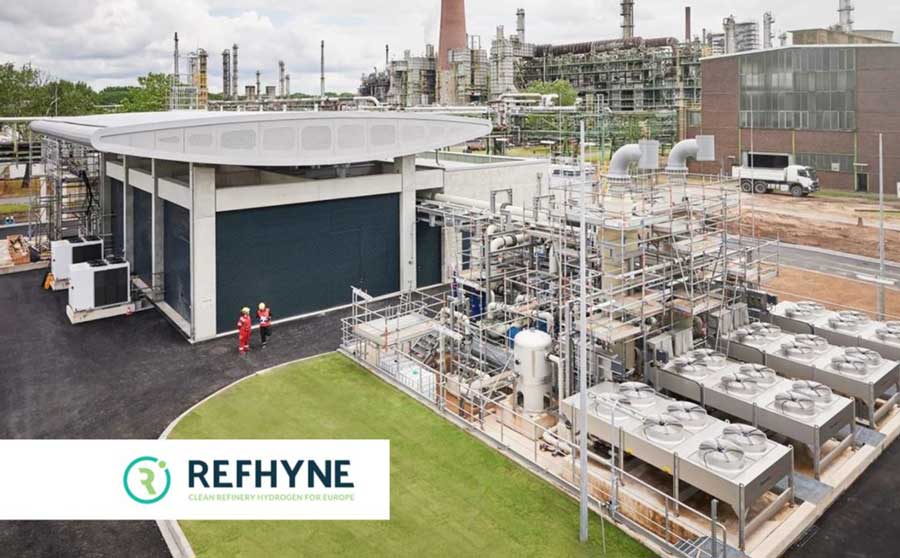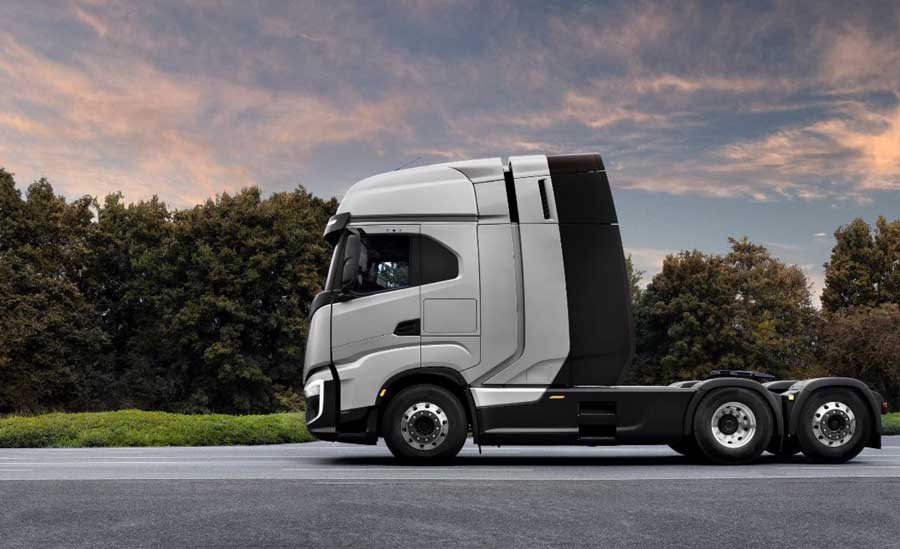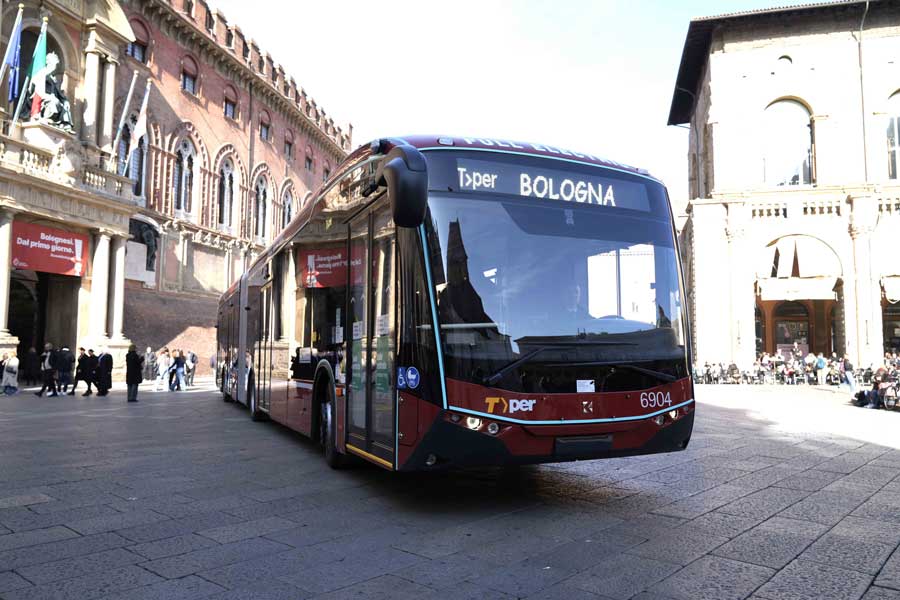The H2Accelerate collaboration has published the latest in a series of whitepapers in support of the use of hydrogen for long-haul trucking in Europe. This whitepaper follows the news that two of H2Accelerate’s primary initiatives, H2Accelerate TRUCKS and its Inaugural Station Deployment, have now secured funding via the Clean Hydrogen Partnership and Connecting Europe Facility-Transport funding call respectively. It was announced on the 14th of March that the collaboration has received €30m of funding from the Clean Hydrogen Partnership for the deployment of 150 fuel cell trucks, and further funding from the Connecting Europe Facility for 8 hydrogen refueling stations (now 29 in total from H2Accelerate members).
European funding enables Phase 1 of deployment for hydrogen trucks and infrastructure
These two initiatives aim to demonstrate the technical and commercial viability of long-haul hydrogen trucking, through the deployment of 8 hydrogen refueling stations in France and the Netherlands in parallel to the deployment of 150 fuel cell trucks. Shortly after this funding was announced, the Connecting Europe Facility announced that a further H2Accelerate Expansion Network of 12 stations was also approved for funding. This is in addition to the 9 stations to be deployed by H2Accelerate member TotalEnergies, which were approved for funding prior to TotalEnergies joining the collaboration, bringing the total hydrogen refuelling stations to be deployed by H2Accelerate members in Europe to 29.
Richard Ferrer, Head of Innovation & Alternative Fuels at the European Climate Infrastructure and Environment Executive Agency, said of the H2Accelerate projects:
We are delighted that the Connecting Europe Facility is able to support 29 stations from members of the H2Accelerate collaboration. These high-capacity stations, distributed across key freight transport corridors, will form the basis of a sustainable refueling and recharging network across Europe. The link to Clean Hydrogen Partnership funding for 150 fuel cell trucks means that the business case for the stations will be vastly improved, ensuring that maximum value-for-money can be attained with public funding.
Collaboration between infrastructure and trucking players can provide the best possible end user experience
The whitepaper, which can be downloaded from the H2Accelerate website, sets out expectations for the technologies to be deployed during Phase 1, in terms of trucks, refuelling stations, and upstream renewable hydrogen production.
A key feature of this first phase will be to collect data and feedback on the operational and financial performance of the vehicles and infrastructure, which will be used to inform the next phase of deployment, to maximise the speed at which the sector can reach full industrialisation.
Three major European OEMs to produce hydrogen trucks and scale up to series manufacturing
The H2Accelerate TRUCKS project will see the deployment of 150 fuel cell trucks in Europe from leading manufacturers Daimler Truck, Iveco Group, and Volvo Group. The Clean Hydrogen Partnership has granted funding of €30m, enabling the roll-out of these heavy-duty, zero tailpipe emissions vehicles; the trucks deployed will be either 4×2 or 6×2 with up to 44 tonne gross vehicle weight. The vehicles will be refuelled using either 700 bar or liquid hydrogen, have a range of over 600km, and be refuelled in under 15 minutes. Following the successful implementation of the TRUCKS project, each of these major European players expect to progress to series manufacturing of the vehicles, enabling significant capital cost reductions.

Infrastructure players developing high-capacity networks of stations, and renewable hydrogen production capacity
In parallel with the deployment of fuel cell trucks, H2Accelerate infrastructure players Linde, Shell, and TotalEnergies aim to deploy a series of high-capacity dual-pressure hydrogen refuelling stations across Belgium, France, Germany, the Netherlands, and Spain. These 29 stations will be the first in a much larger network.
Christian Nissing, Head of Business Development Europe at H2 Mobility Solutions, TotalEnergies, said of the plans:
The future of heavy-duty mobility relies on the availability of renewable hydrogen production and refuelling infrastructure. TotalEnergies is excited to take this next step. Through our projects under the H2Accelerate collaboration and funded by the Connecting Europe Facility, we are committed to bringing 29 hydrogen refuelling stations to Europe in the next few years, and being a member of H2Accelerate has enabled us to ensure these stations will see large-scale demand from fuel cell trucks.
The stations will be supplied by renewable hydrogen, and H2Accelerate members are already developing green hydrogen production capacity. For example, Shell is already operating a 10MW electrolyser in Germany as part of the Refhyne project and has taken a final investment decision on a 200MW electrolyser in the Netherlands under Holland Hydrogen 1. The whitepaper sets out the case for hydrogen production for mobility and industrial applications as complimentary off takers, which enable synergies on scale and potential hydrogen price.










